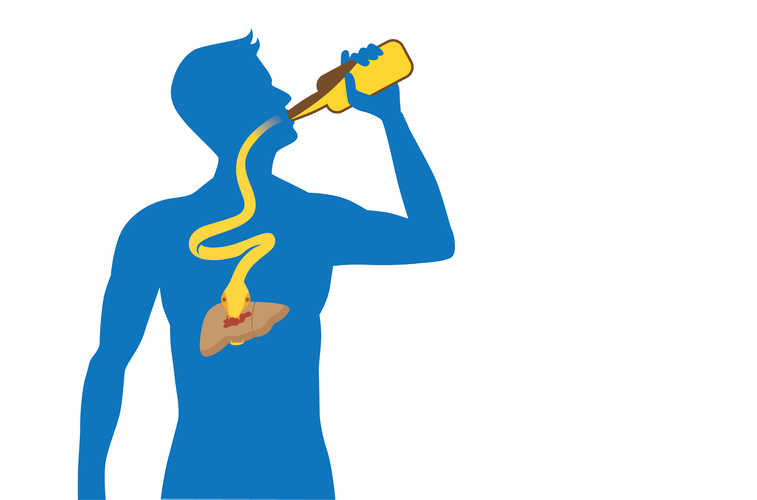Sneezing is a natural reflex caused when there is an irritant in the nasal cavity. Sometimes, people sneeze after eating, which can MASH Certified Sober House Transitional Living happen after ingesting spicy foods or a large meal. To prevent sneezing, first, you’ll need to figure out why you are sneezing.
- People with an allergy to grapes or grape products may also have reactions to other foods.
- A sneeze is a sudden, forceful, uncontrolled burst of air through the nose and mouth.
- These can either be acquired over the counter or through a prescription from your doctor.
- When it comes to sinusitis, a common recommendation is to avoid alcohol in general.
What’s more concerning, however, is that some medications can lead to uncomfortable (even dangerous) side effects when combined with alcohol. In addition, various ingredients found in alcoholic beverages have the potential to trigger an allergic reaction in some people. The good news is that alcohol intolerance isn’t too much of a concern. The bad news is that you can’t really do much about it, or that unwelcome nasal congestion that comes along with it, aside from just not drinking alcohol.
How Do You Know If You Are Allergic To Wine?
Symptoms and severity will differ from person to person and can change over time. Some people may experience itchiness, redness, watery eyes, and a runny nose. If you want to stop nasal congestion caused by alcohol, there are a few things you can do. Additionally, make sure to avoid any triggers that may cause an allergic reaction. Finally, you can use over-the-counter decongestants to help reduce the symptoms. Remember, even though these methods may help stop nasal congestion, it is important to seek medical advice if your symptoms persist.

However, some people believe that the alcohol in drinks like beer and wine can trigger a sneeze. If you’re one of those people, it’s probably because the alcohol is irritating your nose. Though not a true allergy, a vinegar sensitivity or intolerance may cause many of the same symptoms as other food allergies. Some of the most common symptoms are asthma, hives, itchy skin, and stomach pain. On top of those reasons, the individual may have an alcohol intolerance.
Sipping without sneezing? Scientists thwart wine allergies
A true allergic reaction happens when your immune system goes into overdrive to attack something it sees as a threat. Allergic reactions can cause hives, facial swelling, nausea, and vomiting. They can also lead to life-threatening reactions like anaphylaxis. Treating a minor reaction to wine may involve taking oral antihistamines. These can either be acquired over the counter or through a prescription from your doctor. Reactions to wine could also depend on the specific type of grape used in the wine.

They may experience a variety of symptoms on the skin, in the respiratory system, and in the digestive system. There is no such thing as an allergy to red wine, because any type of wine can cause an allergic reaction. When a person consumes one glass of red wine, they may experience symptoms such as sneezing, flushing, headache, diarrhea, skin itch, and shortness of breath. Although there is no cure for wine allergy, you can reduce discomfort by treating the symptoms.
What causes a vinegar allergy?
If you experience allergy-like symptoms as a result of drinking wine, you should consult with your doctor. While drinking wine to unwind is a common pastime for many, those who suffer from allergies can quickly develop a sneezing fit as a result. While histamines are commonly blamed, the cause of this problem is more complicated. Histamines may be annoying as a byproduct of an allergic reaction, but the chemicals found in wine are responsible for sneezing, itching, and other symptoms. H1TS are more common in red wine than white wine, according to Dr. Coleman, but those suffering from allergies may still react to white wine.
- High levels of these pigments can be found in beetroot, rhubarb, red cabbage, berries and cherries.
- Respiratory tract infections, such as the common cold, can also cause sneezing.
Your ability to digest and metabolize alcohol determines the extent to which you are impacted. Alcohol allergies and alcohol intolerances are distinguished by their processes https://accountingcoaching.online/allergic-to-alcohol-10-common-symptoms-of-alcohol/ in the body, which differ in how the body reacts to alcohol. Drinking alcohol has been shown to cause nasal congestion as a result of its ability to release excess water.